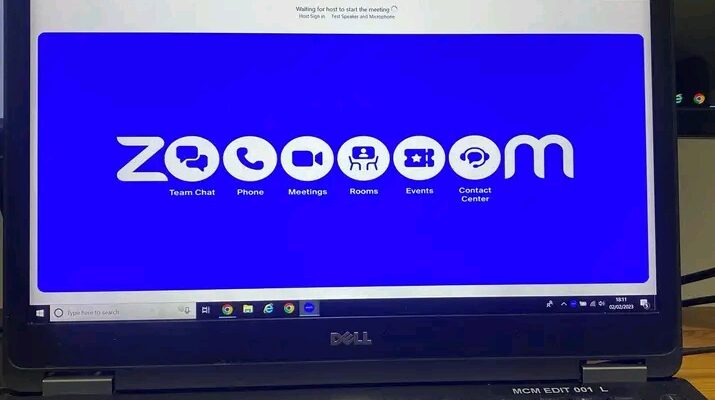
Zoom, the teleconferencing giant has conducted mass layoffs, following a wave of mass tech layoffs in recent weeks and months.
CEO Eric Yuan announced in a note to staff Tuesday that 15% of the San Jose-based firm’s global employees will be laid off.

“As the world transitions to life post-pandemic, we are seeing that people and businesses continue to rely on Zoom,” Yuan said in a letter addressed to the company’s staff, or “Zoomies.”
“But the uncertainty of the global economy, and its effect on our customers, means we need to take a hard – yet important – look inward to reset ourselves so we can weather the economic environment, deliver for our customers and achieve Zoom’s long-term vision.”
Zoom is perhaps the definitive pandemic-era tech success story — a company whose key product became synonymous not just with remote work but with video chats themselves during the pandemic. (Recall the many, many Zoom happy hours and game nights held in the early months of the pandemic.) By October 2020, Zoom stock reached a stunning high of $559 per share.
But as pandemic restrictions began loosening up — and remote work became more of a perk than a necessity for employers — Zoom’s growth slowed considerably, with its stock leveling out to pre-pandemic levels. Company stock is at nearly $83 a share as of press time, an increase of around 7% from the day prior.
READ MORE: Amazon Warehouse Workers Stage First-Ever Strike In UK
To his credit, Yuan acknowledged that he is “accountable for these mistakes and the actions we take today.” And in a display rarely seen by industry CEOs, he said that he would reduce his salary for the coming fiscal year by 98% and forgo his 2023 fiscal year bonus. Other executives also will be turning down their corporate bonuses and will have 20% base salary cuts, his letter noted.
Affected Zoom workers will receive up to 16 weeks of salary and health care coverage, their 2023 fiscal year bonus, stock vesting for six months and other “outplacement services.”
“We will learn from the past to set ourselves up for future success, and redouble our efforts to help evolve Zoom to tomorrow,” Yuan’s letter concludes.
A Zoom spokesperson declined to comment to SFGATE, instead referring back to Yuan’s letter.







